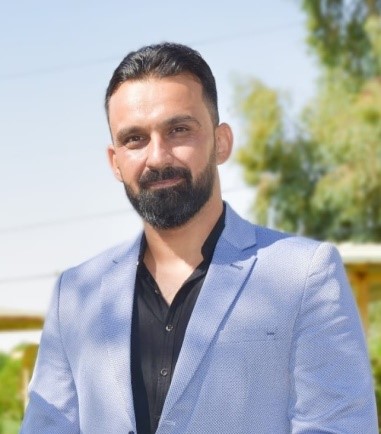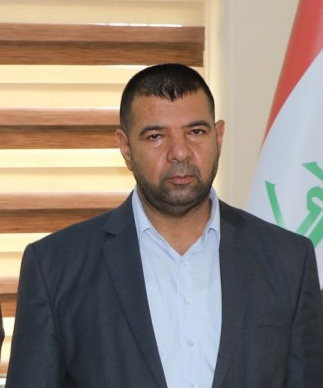
م.م رافت نزار منير الهيتي
Teachers of English vs. Speakers of English
مدرسو اللغة الانكليزية ومتحدثو اللغة الانكليزية
م.م رافت نزار منير الهيتي
mailto:https://www.uoanbar.edu.iq/staff-page.php?ID=325
ed.raafat.alheety@uoanbar.edu.iq
As teachers, where are often asked various questions by students about learning certain subjects which, according to them, are not important. These questions are like, “why do we study grammar? why are phonetics and phonology important to us? what’s the significance of studying literature? etc. Such questions are due to the students’ unawareness of why they are studying English at college. Students of English need to know that they are a part of a teachers-building project, not speakers.
To answer the above questions, we need to differentiate between teachersof English and speakers of English. According to Brumfit (1997), teachers are considered educational linguists. In other words, they are conscious analysts of linguistic processes. This tells that teachers are not those who can speak a language, but those who can speak and speak about (analyze) a language. To clarify this idea, we as Arabs are not all teachers of Arabic although we can speak Arabic fluently. Only those who have conscious knowledge about the rules and the structure of Arabic can be considered teachers.
A teachers has to know the language well, its structure, its use, and psychology of language in general, to help students develop their knowledge of language using different methods and techniques of teaching. Since teachers are considered educational linguists, they should have, according to the official website of the University of Arizona, a good mastery of:
· phonetics (the study of the production, acoustics, and hearing of speech sounds)
· phonology (the patterning of sounds)
· morphology (the structure of words)
· syntax (the structure of sentences)
· semantics (meaning)
· pragmatics (language in context)
As for speakers, they are defined, according to the Cambridge online dictionary, as persons who speak a specific language. Most speakersuse language accurately and fluently although they are not aware of the underlying rules and structures of what they say. A vivid example is the children who are able to use their native language which they have not studied yet. A speakers job is to deliver a message and to communicate not to explain how their language works. To be a good speaker, you do not need to master the above-mentioned fields studied by teachers. Instead, you need to listen to the language, memorize vocabulary and expressions, and practice what you learn confidently until it becomes something natural.
To sum up, all teachersof English can be speakers of English, but not all speakers of English can be teachersof English. Thus, it is important for students to differentiate between the two in order to answer the aforementioned questions themselves.
Brumfit C. (1997) The Teacher as Educational Linguist. In: Van Lier L., Corson D. (eds) Encyclopedia of Language and Education. Encyclopedia of Language and Education, vol 6. Springer, Dordrecht. https://doi.org/10.1007/978-94-011-4533-6_16
https://linguistics.arizona.edu/content/what-linguistics-and-why-study-it-0




